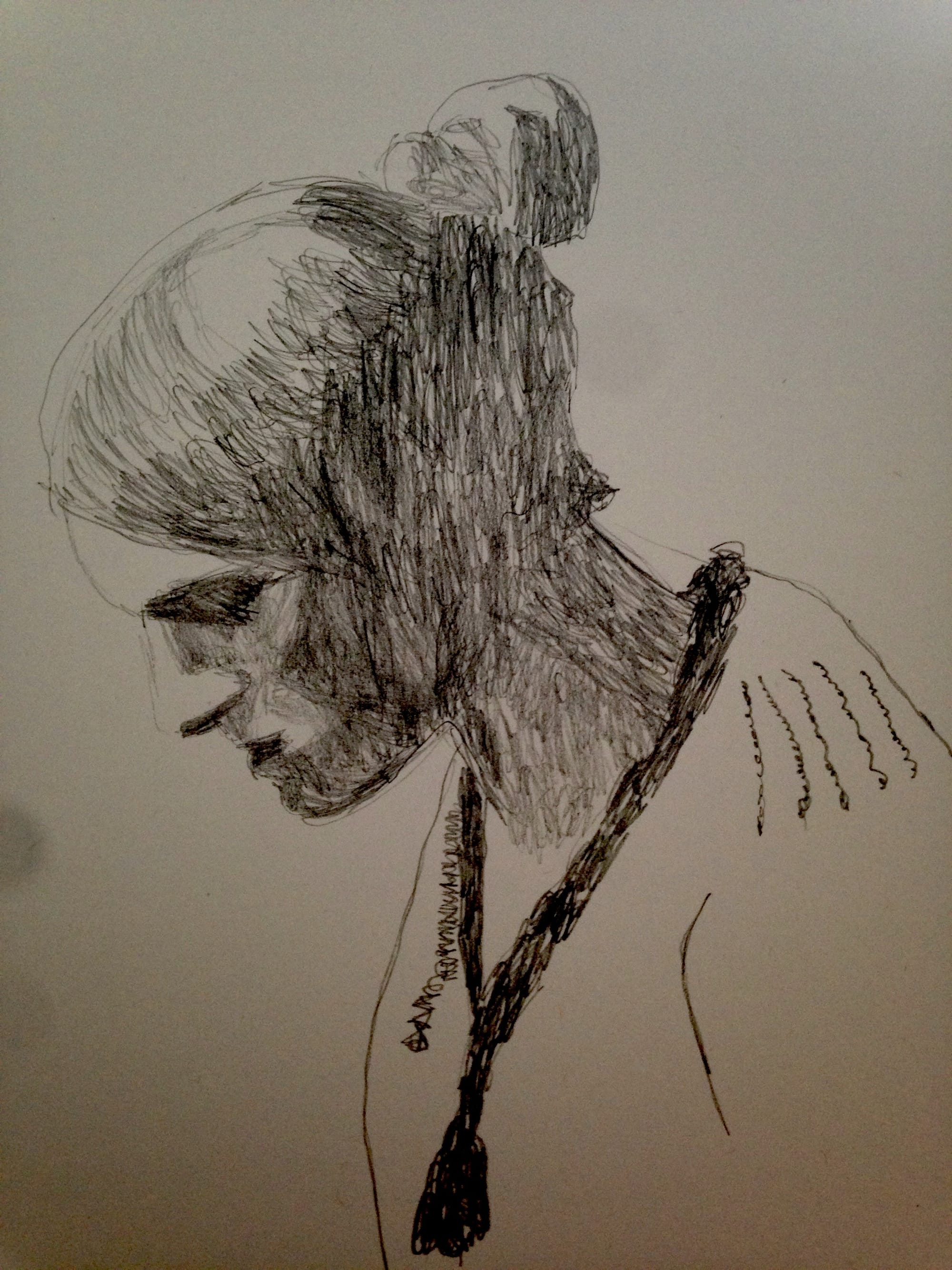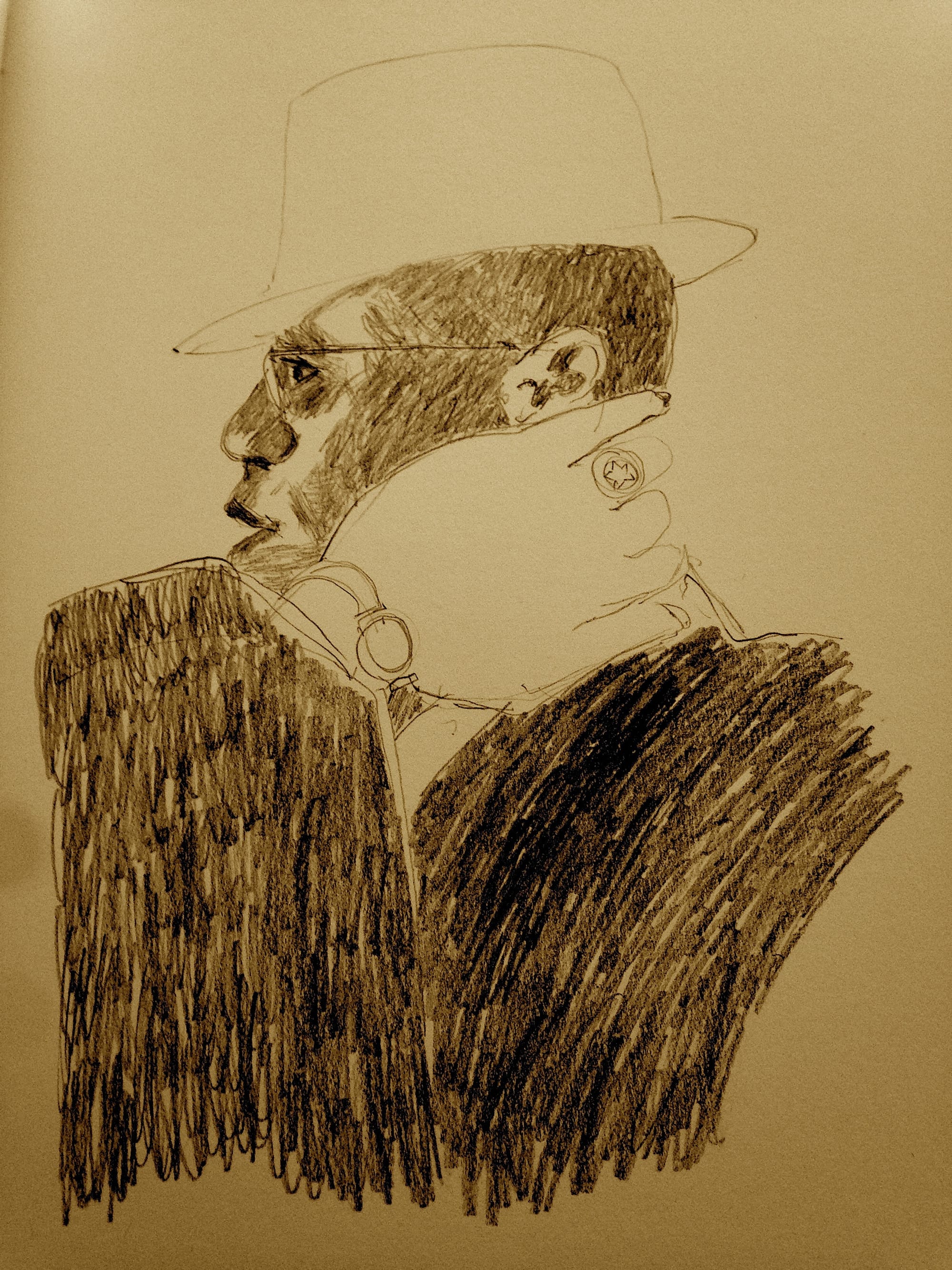Coronavirus pics 64: Adolph Reed's 6 Points for Consideration

1. Slavery was fundamentally a labor relation, not an extreme system of race relations. To paraphrase Barbara and Karen Fields, its objective was to produce cotton, sugar, tobacco, and rice, not white supremacy. Its appeal to the planter class was that it secured a labor force that had no rights or recourse, not that it was a permanent sadistic camp. Historian Kenneth Stampp quotes a slaveowner’s succinct explanation: “For what purpose does the master hold the servant? Is it not that by his labor, he, the master, may accumulate wealth?”10 An irony of the view that defines slavery as institutionalized brutality is its implication that slavery without extremes of brutalization might not be objectionable.
2. The segregationist regime was an historically specific social order based on disfranchisement of the vast majority of blacks and a substantial percentage of whites, imposed by southern elites after defeat of the interracial Populist political insurgency in the late nineteenth century. It was defined by an extensive, legally codified system of racial subordination. That order was not fully consolidated before World War I, and its institutional foundations were crushed by the late 1960s. That is, it was a regime that prevailed for roughly sixty years, depending on location.
3. There is no singular, transhistorical “Black Liberation Struggle” or “Black Freedom Movement,” and there never has been. Black Americans have engaged in many different forms of political expression in many different domains, around many different issues, both those considered racial and not. They have engaged in race-solidaristic formations and in close concert with others, in class-based and multiclass alliances. As Cedric Johnson has argued forcefully, contemporary scholarly discussion reads “black politics”—the ethnic pluralist group politics articulated mainly since the 1960s—back anachronistically onto the varying and pragmatically grounded political expressions in which black Americans have engaged since Emancipation, which he describes as “black American political life.” Political differentiation has been as common among black Americans as among all others. Moreover, issues bearing specifically on race or racial disparities have never exhausted, or exclusively defined, black Americans’ expressed political concerns.
4. As a corollary of 3, the issues driving the postwar southern mass mobilization against segregation and the emergent black interest-group urban politics in the North and West, and the big city South, were distinct. Lumping them together under a blanket construct like the “long civil rights movement” does not help us comprehend the discrete features of either or, more important, the distinct trajectories each set in motion.
5. Black Power was not a mass, radical insurgent movement. It was a militant expression of ethnic pluralism. Radicals of various sorts—including ideological race nationalists—occupied its fringes, but the driving and commanding forces of Black Power politics were always the assertive elements within the new black political and professional-managerial class that emerged from opportunity structures opened by the victories of the Civil Rights movement, the dynamics of urban demographic transition and incorporation into governing regimes, and War on Poverty, Model Cities, and foundation-funded programs. Nominally radical groups, such as the Black Panther Party (BPP), the League of Revolutionary Black Workers, and others with less cachet among the left, were not serious alternatives, certainly not the romantic “roads tragically not taken” of post-New Left fantasies. General Baker, longtime United Auto Workers activist and co-founder of both the Dodge Revolutionary Union Movement (DRUM) and the League of Revolutionary Black Workers, was emphatically clear that those tendencies were entirely specific to Detroit and the centrality of the union in local Democratic politics. The BPP was founded in 1966, and by the end of the decade was already in disarray, especially outside Oakland, as a result of police repression, to be sure, but also because of their political incoherence.
6. Neither Malcolm X, Frantz Fanon, C.L.R. James, nor Stuart Hall can tell us anything strategically useful about the black American political situation. Appeals to their putative wisdom stem from academic leftists’ romantic attachments and commitments to race-reductionist politics. Malcolm was dead before nearly all the big events understood to define “The Sixties” had occurred. Fanon died several years before Malcolm, and in any case his focus was always elsewhere; he gave only the most general, perfunctory attention to the United States. James’s time in the United States, as I have said, was on the political equivalent of a tourist visa. He was not enmeshed in black American politics and understood its internal and external dynamics in only an abstract, formalist way. The same pertains to Stuart Hall. Attachments to the likes of Malcolm, Fanon, James, and Hall are more totemic than intellectually or politically productive. There is a more pernicious aspect of embrace of those figures’ supposed cultural authority. Each is read as propounding trans-contextual insights about “race.” And such insights are necessarily race-reductionist'.
(Adolph Reed)


